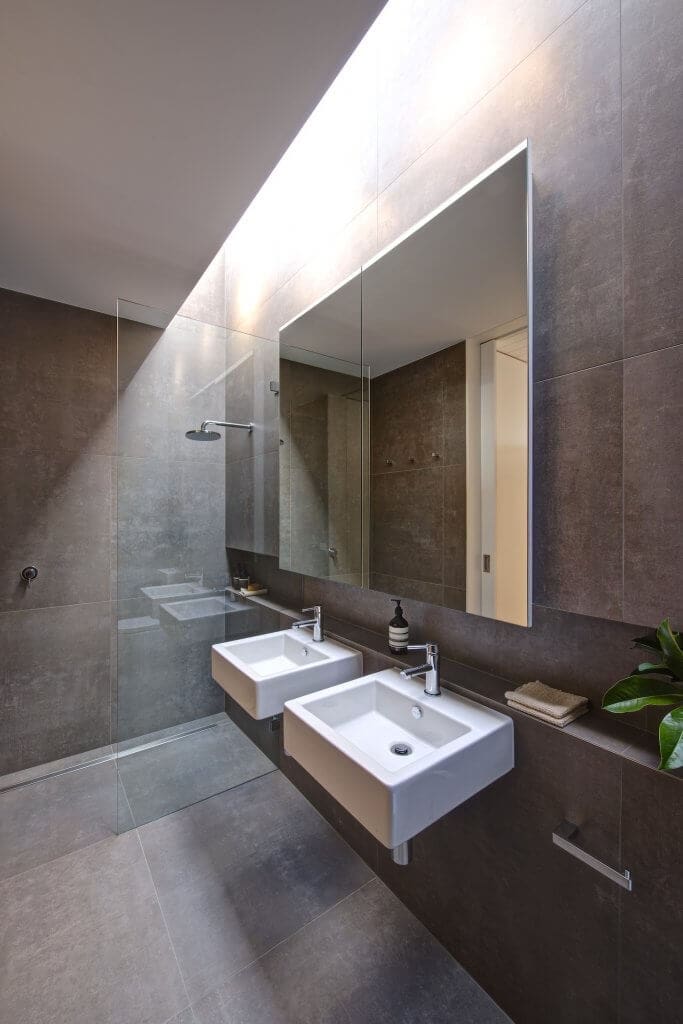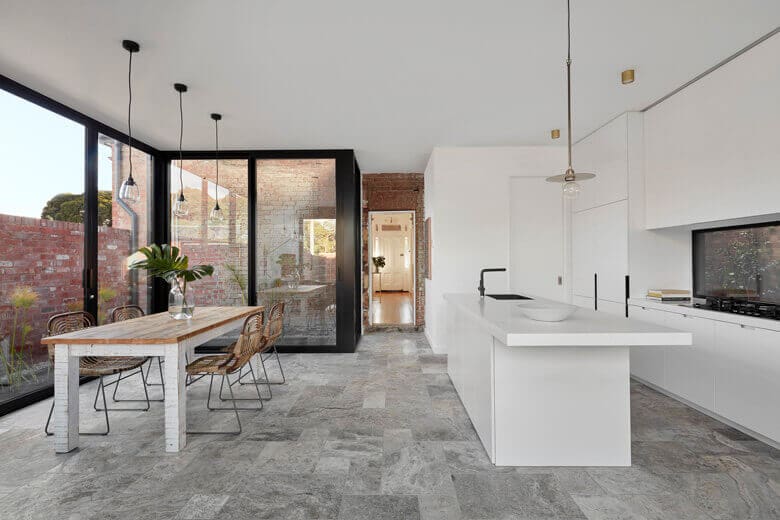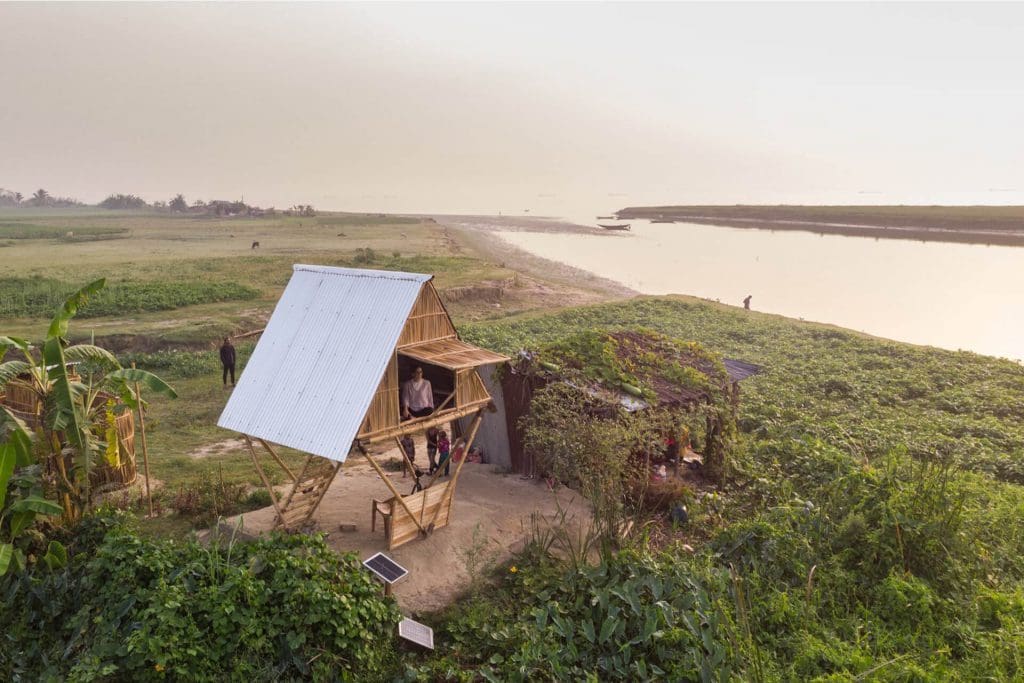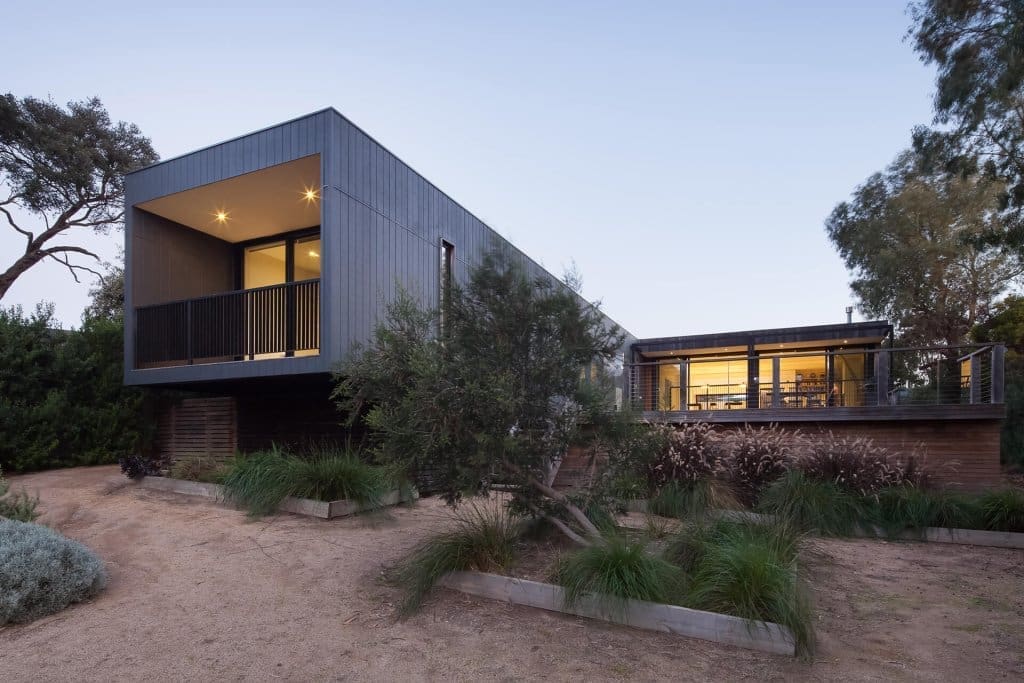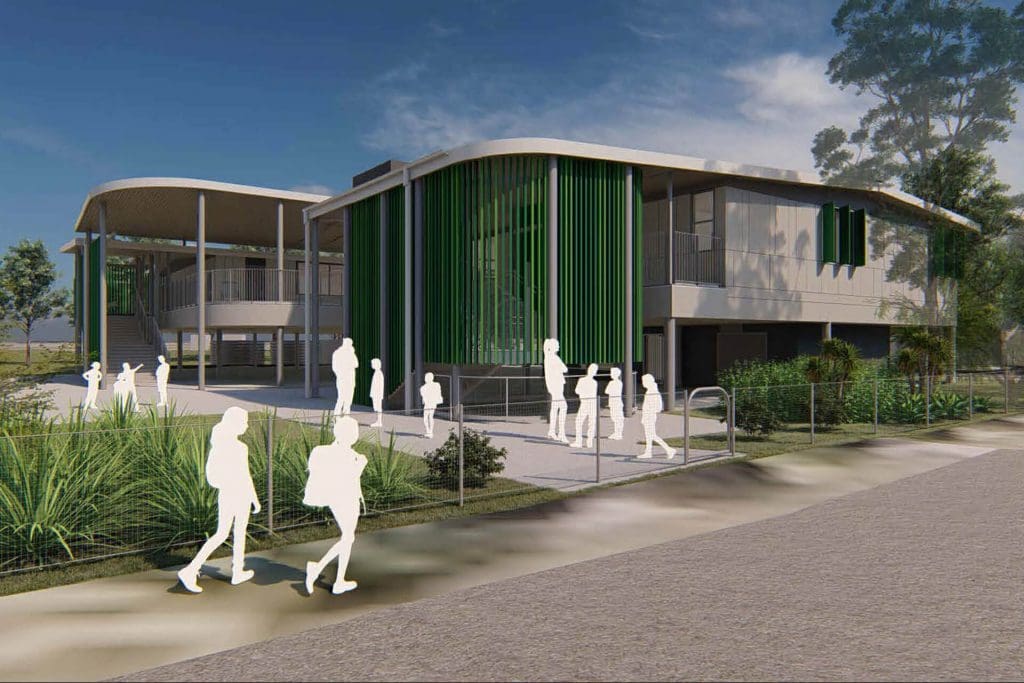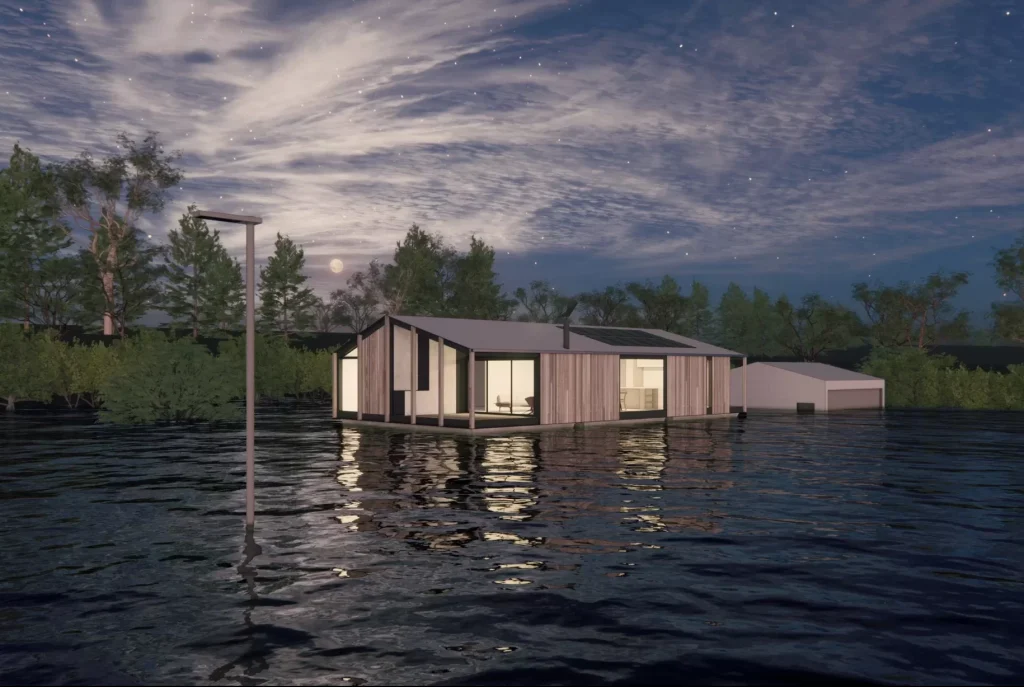Choosing The Right Hot Water System
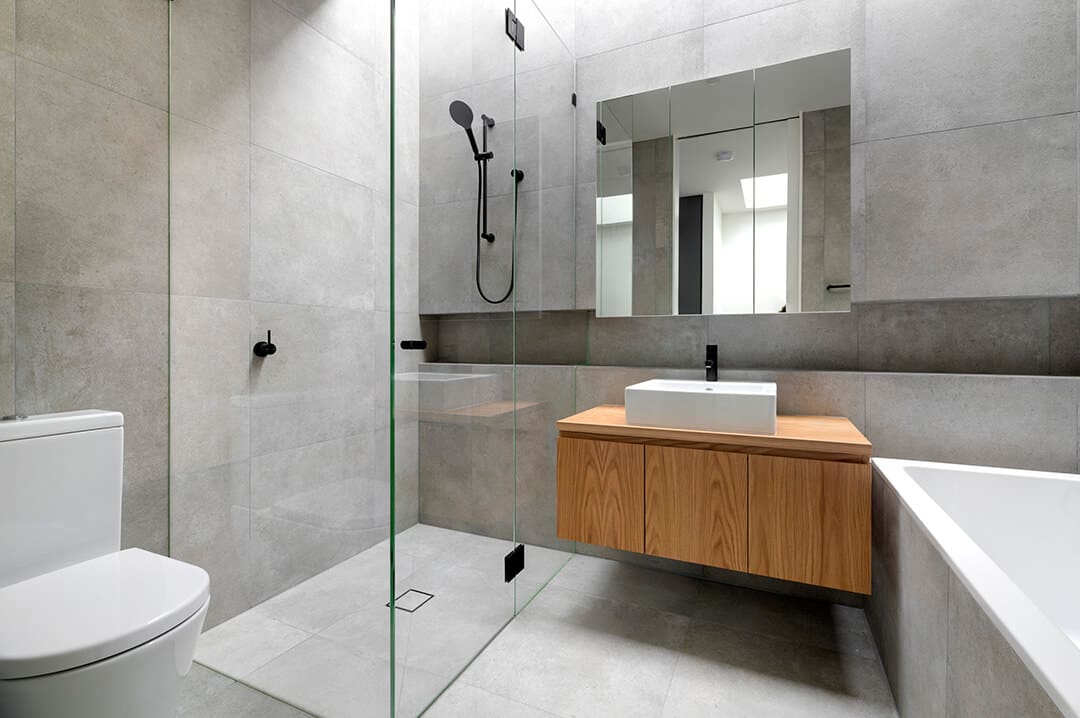
Whether long, hot showers are a guilty pleasure or your family wouldn’t know how to survive without the dishwasher, hot water systems have enormous demands placed on them and account for nearly 20 percent of a home’s energy costs. Choosing the best hot water system for your home can therefore be a difficult task and needs to be carefully considered to ensure it matches your usage pattern, budget and long term priorities.
Types of water heaters
All water heating systems have pros and cons. The traditional hot water tank is reliable and easy to install, but a continuous flow water heater uses less energy. Solar water heaters are environmentally conscious, but not ideal in all climates. And heat pump water heaters offer the lowest operating costs, but can be noisy and require well ventilated areas. At the end of the day, the best water heating system for you will depend on your peak demand requirements, your available space and the lowest lifecycle cost.
Storage tank water heaters
Storage tanks are the most common type of water heater. As the name suggests, these consist of an insulated tank in which water is heated and stored until needed. There is also a temperature and pressure-relief valve, which opens if either exceeds a preset level.
Natural gas water heaters typically use less energy and cost less to run (by about half) than electric water heaters, although gas models do cost more at the time of purchase.
Continuous flow water heaters
Rather than storing water, continuous flow water heaters use heating coils to heat the water as you need it. They’re more energy-efficient than a storage tank, but provide only a limited flow of hot water per minute—about 20 litres.
They’re best for people who typically aren’t drawing water for more than one use at a time (i.e., running a shower and dishwasher simultaneously).
Continuous flow models are best for homes that use natural gas to heat the water as electric models might require an expensive upgrade to the home’s electrical capacity.
By heating water only when you need it, these suitcase-sized units can potentially save homeowners energy and storage space.
Solar water heaters
Solar water heaters are great for the environment and work by transferring energy from roof-mounted cells to a liquid in a closed loop system which then runs to your tank. In warm climates they save you money, while improving the value of your property. Even in temperate climates they can be fitted with back-up systems that still manage to be 50 percent more efficient than most electric heaters. There’s high upfront costs though and, even with government incentives, it may take you 10 to 30 years to recoup your costs.
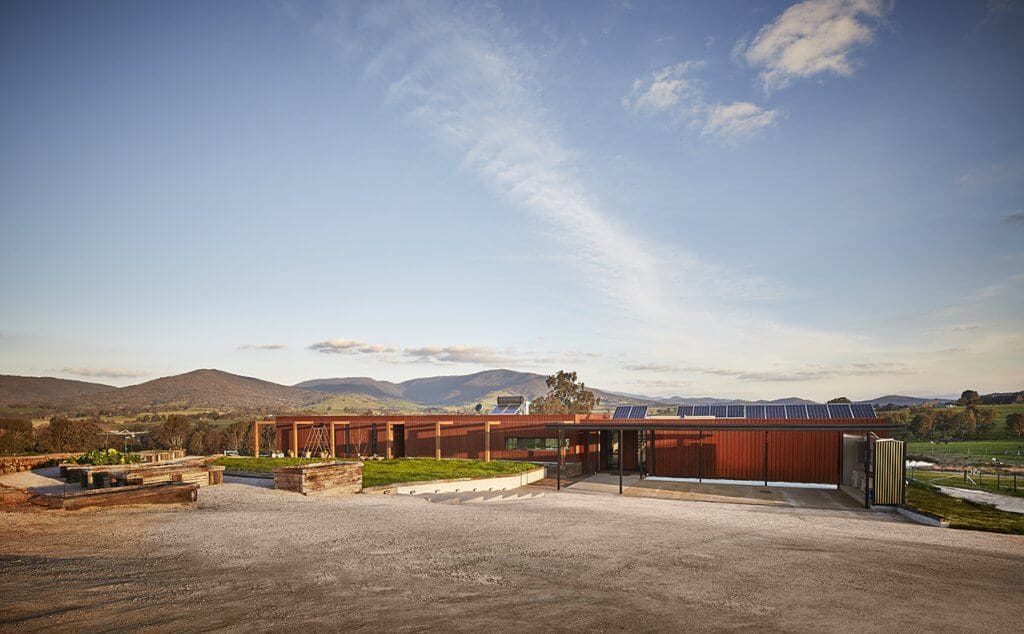
Heat pump water heaters
Heat pump water heaters use electricity to move heat from one place to another instead of generating heat directly. Therefore, they can be two to three times more energy efficient than conventional electric water heaters. To move the heat, heat pumps work like a refrigerator in reverse, pulling heat from the surrounding air and transferring it — at a higher temperature — into a tank to heat water.
Things to consider
Size
Installing a water heater that is not the proper size can be a costly mistake. A unit that is too large will increase the upfront-cost and your monthly heating bill for many years. A unit that is too small will cause you to run out of hot water, especially during periods of peak demand.
If maths is not your strong suit, it’s always best to have a system supplier or consultant calculate your usage, the temperature required and map peak times of usage. Depending on these factors, and the space you have available, they can then make recommendations on which unit best serves your purposes.
Efficiency
A water heater’s efficiency is based on the amount of hot water produced per unit of fuel consumed, the percentage of heat loss per hour from the stored water, and the loss of heat as water circulates through the tank or pipes.
In Australia, these results are translated into a six star system, with more stars awarded for more efficient models.
Warranty
Coverage for most water heaters typically runs between 3 to 12 years. While you’ll usually pay a bit more for longer-warranty models, they tend to have larger elements or burners that can speed up water heating and thicker insulation for less heat loss. Choose a water heater with the longest warranty available.
Anti-scale devices
Some brands advertise features that reduce the build-up of mineral scale at the bottom of the tank by swirling the water. While scale can shorten the life of the heating element, you don‘t necessarily need to invest in fancy features to get a long life out of your water heater. Just look for one with a 12-year warranty, which typically includes a longer or thicker element.
Brass vs plastic drain valves
These are situated near the base of the water heater and are used for draining. Brass drain valves are generally more durable than plastic.
Digital displays
Some newer models offer displays to help you monitor levels and customise operation, with hybrid models allowing you to set a vacation mode. Displays on solar water heaters often show tank and collector temperatures, along with pressure readings and other information. This is a good way to measure your tanks performance.
Typically, one person uses about 50L of hot water a day – more if you use your dishwasher often, take long hot showers or frequently wash clothes in warm or hot water. Selecting the right hot water system for your modular home and family should be carefully considered and factored in to the design development process.
Once the Modscape design team have worked through a design with you (and we know the output), our team will be able to put forward suggestions, giving you clear and helpful advice on the best way to reduce your energy bill.
